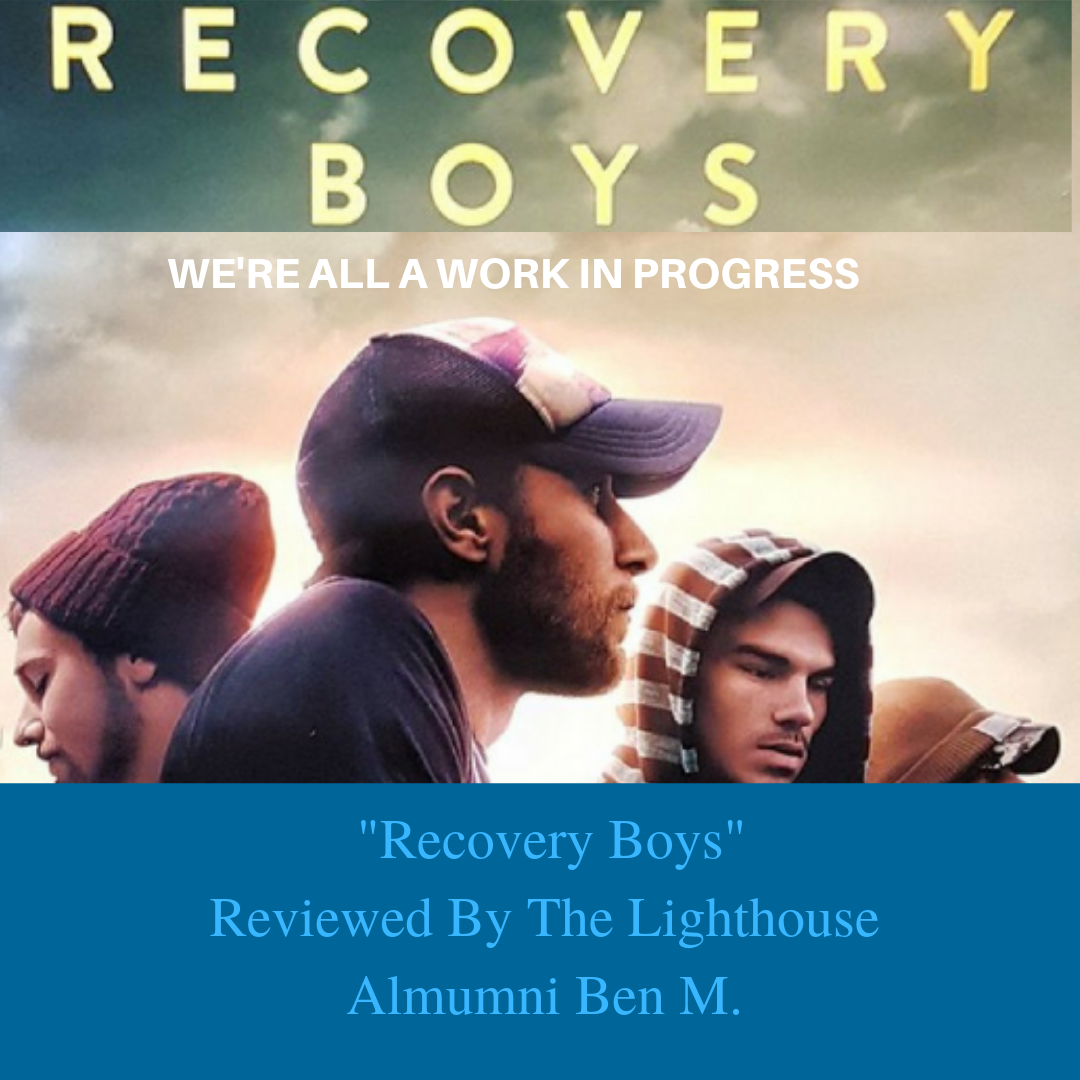Documentary “Recovery Boys” reviewed by The LighTHouse Sober Living Alumni Ben M.
Review of the documentary “Recovery Boys” directed by Elaine McMillion Sheldon
Immediate reaction was gratitude for never being exposed to opioids
My immediate reaction to watching “Recovery Boys” was one of gratitude; I was grateful that I had never been exposed to opioids and that I was not from one of the many rural communities that have been ravaged by the epidemic. Beyond that, my thoughts on Elaine McMillion Sheldon’s unflinching documentary about addiction and recovery in rural West Virginia were far more conflicted.
The brutal landscape of the opioid epidemic and recovery in Aurora, West Virginia
The film follows four young men as they attempt to face life on life’s terms at Jacob’s Ladder, a farming-based rehab facility in Aurora, West, Virginia. Jacob’s Ladder was started by Dr. Kevin Blankenship, a founder of a chain of urgent care centers and the father of a recovering addict. West Virginia, the epicenter for the nation’s opioid epidemic, offers very few rural recovery options. Blankenship says that farming offers recovering addicts hope because like life, farming offers a series of advances and and a couple of setbacks.” “Recovery Boys” gives us plenty of both.
Identify and empathize with others confronting their personal struggle with addiction to heroin and other opiates
The participants’ histories are not shocking to anyone who has paid attention over the last ten years. Their conversations are littered with tales of overdoses, friends and siblings lost to the disease, arrests and children lost to state custody. As someone in recovery, I could identify and empathize with all of the residents as they confront their addictions. Unsurprisingly, they are not a glum lot; and they share a comfortable humor about their struggles and fears.
As you might expect, it is a bumpy ride. Given what we know about the statistics and day-to-day hurdles of early recovery, the residents’ sobriety is challenged by a number of different factors, both internal and external. The 18 months spent following them is at times agonizing but remains poignant throughout the entire documentary. “Recovery Boys” shows that there are no easy answers, but that not offering help, especially to those who need it most, is not a justifiable option.
There is no footage of active using, and so the chance for a triggering moment seems minimal to me, although I claim to know how anyone else in NA or AA might react. The documentary shines a bright light on the bleak world of rural addiction and I watched “Recovery Boys” through two different lenses – as someone in recovery and as a parent of three teenagers. Neither view was easy, but I was at least glad to have had my eyes fully opened to the brutal landscape.
Reviewed by Ben
Ben is an alumnus of The Lighthouse Sober Living in New Canaan, Connecticut Reflects on His Foundation for Recovery
The Lighthouse played an enormous role in helping to maintain my early sobriety. Coming right out of a 30-day treatment center, I knew I was not ready to live a fully independent lifestyle if I wanted to stay sober. The Lighthouse was the perfect soft-landing spot, a place that could help me work my program, but one that also offered a lot more freedom than my rehab. The Lighthouse also introduced me to people I still consider friends.
What made the Lighthouse so vital for me was that it offered companionship with other professional men facing the same issues. This was my first actual experience with the fellowship side of AA. Like many addicts, I am a Hall of Fame isolator, and the Lighthouse helped me begin to overcome my natural desire to keep to myself. This is done very naturally, and there is nothing heavy-handed in how bonds are made between the residents; and because the staff members there are also in recovery, all of the interactions are between people with sobriety as a common goal.
There were some organized activities which were helpful on this front such as group dinners and paddle tennis, but most of the bonds are formed organically, usually during the normal patterns of a day. It did not matter if it was watching movies on the weekends or football games on Sunday, hanging around in the kitchen over coffee or just catching a ride to a meeting; I felt at ease almost immediately.
As I reflect on my time at the Lighthouse, I realize not all of my experiences during early sobriety were easy. It’s inevitable for conflict and stress to occur with a large group of men coexisting under one roof. However, the tools I honed while living there were invaluable. I realize how important those 6 weeks at the LH were to my creating a plan for recovery. In that time, I completed my 90 in 90, found a sponsor and discovered more than 5 different meetings throughout Fairfield County that I still attend frequently. Today I have 19 months of continuous sobriety, and while I still struggle with the curve balls that come my way, I feel incredibly grateful for my time at the Lighthouse. I really can’t imagine a better place to help cement my sobriety.



